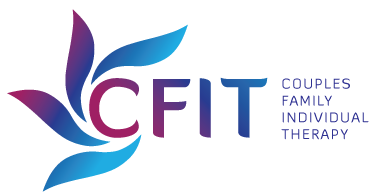Embracing Change (March 2014)
/Although I have been a sports fan since a young child, I struggled to find success as an athlete. Being taller than most other peers, I could rebound a basketball, but scoring points was quite a challenge due to my lack of shooting accuracy. I was a catcher and outfielder in Little League, however, not much of a hitter. And if the pitcher was throwing a “curve ball,” I rarely got a hit. But as an adult, I strive to make the best of being thrown curve balls.
A few weeks ago, the clinicians whom I rent part-time office space from decided to retire this Spring. David Fawcett and Collis Kimbrough have been excellent role models as well as mentors for developing my local practice. Each has been praised for their work with assisting persons with substance abuse recovery and for healing work with HIV Positive clients. Rather than panic about their pending respective retirements, I started to identify opportunities for locating a new practice location in Fort Lauderdale.
Coping with curve balls usually requires a strategic plan as well as outside support. A brief list of ideal hours, size of the office space, and qualities of prospective new colleagues helped me focus on the possibilities. A long-distance call to one of my best friends provided a wonderful surprising affirmation: “It’s been awhile since you’ve had no angst in your voice. Florida is truly your home and you will find the new space for your clinical practice.” Another call to a local colleague resulted in an interview.
Beginning the first week of April, I will have my own office in a suite at Wilton Plaza with Rena Conley, a long-standing well-respected clinician known for her work with PTSD and facilitating EMDR, and Lyle Davis, a licensed social worker with an outstanding reputation working with the local LGBT community. I am honored to be sharing space with Rena and Lyle. There are walls to be painted, furniture to arrange, business cards to print, office hours will expand and signs to order. All of these tasks ensure the office opens efficiently; completing each task yields a smile to my face.
I remain committed to helping my clients embrace change in their lives. Identifying the obstacles or challenges associated with a pending change of circumstances combined with the support of friends and loved ones is a great way to find success with life’s changes. Cheers to the new office and new adventures!


